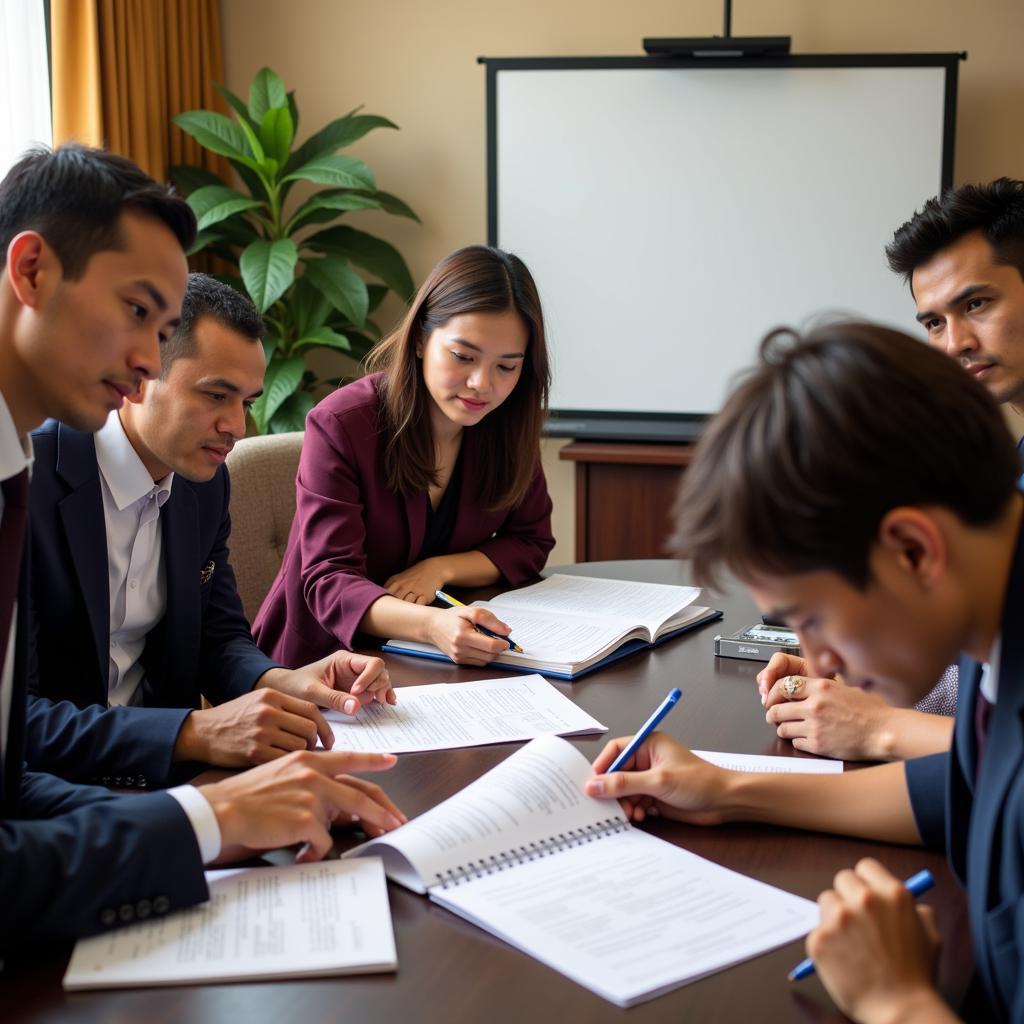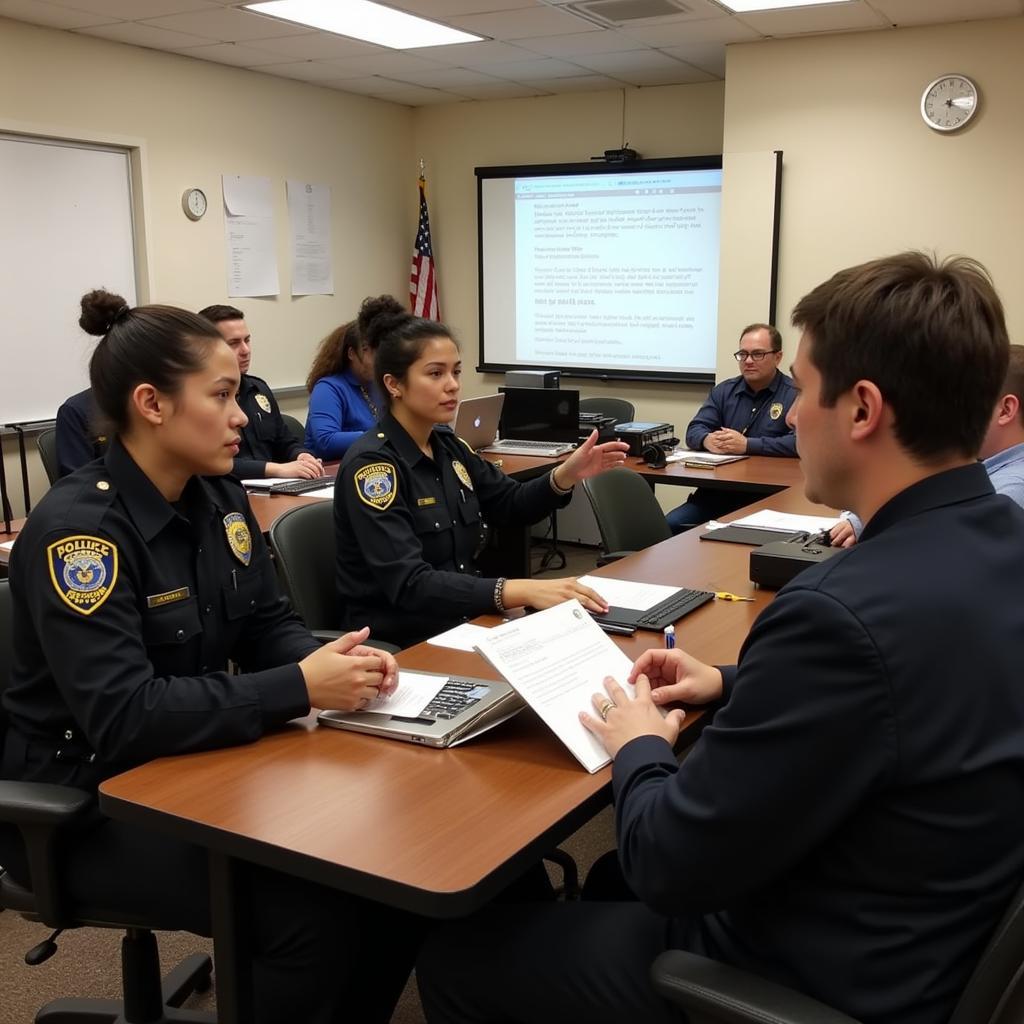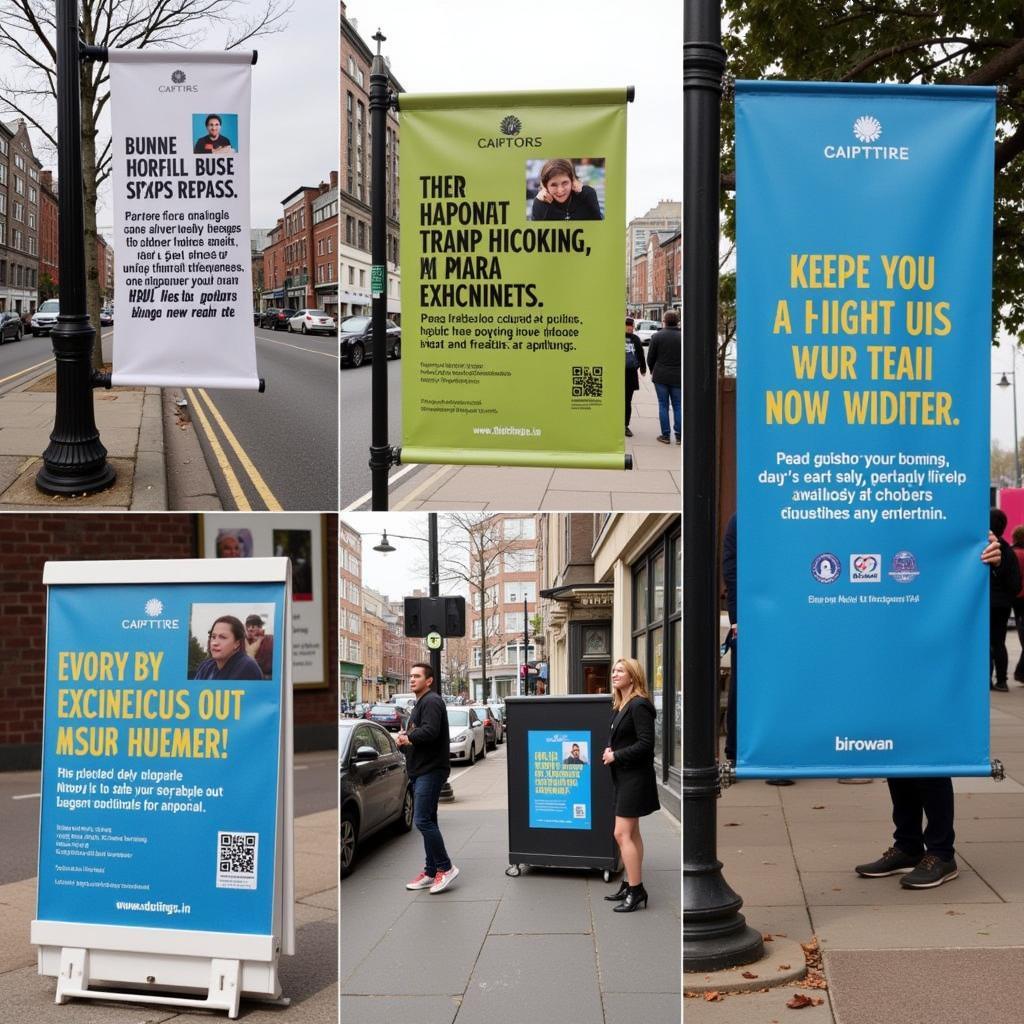ASEAN anti-trafficking efforts are crucial in combating the pervasive issue of modern slavery within the region. Human trafficking, a grave violation of human rights, affects countless individuals across Southeast Asia, exploiting vulnerabilities and perpetuating cycles of abuse. The diverse economies and porous borders within ASEAN present unique challenges in tackling this complex crime. This article delves into the multifaceted nature of anti-trafficking initiatives within ASEAN, exploring the collaborative efforts, legal frameworks, and ongoing challenges in the fight against human trafficking.
Understanding the Scope of ASEAN Anti-Trafficking
The ASEAN region, a vibrant hub of economic activity and cultural exchange, unfortunately also serves as a transit, source, and destination point for human trafficking. Factors like poverty, lack of education, and political instability contribute to the vulnerability of individuals, making them susceptible to exploitation. Trafficking networks prey on these vulnerabilities, luring individuals with false promises of employment and better opportunities, only to trap them in forced labor, sexual exploitation, or other forms of modern slavery.
After the 35th ASEAN Summit, the chairman’s statement reaffirmed the commitment to combatting transnational crime, including human trafficking. You can read the full statement about the 35th ASEAN Summit Chairman Statement.
Forms of Trafficking in ASEAN
Trafficking manifests in various forms, including:
- Labor trafficking: Individuals are forced to work in exploitative conditions, often in industries like fishing, agriculture, and construction.
- Sex trafficking: Victims are coerced into commercial sex work, subjected to abuse and exploitation.
- Domestic servitude: Individuals are forced to work in private households, often facing long hours, low wages, and restricted freedom.
Challenges in ASEAN Anti-Trafficking
Combating trafficking in ASEAN faces numerous challenges, including:
- Cross-border cooperation: Effective anti-trafficking requires seamless cooperation between member states, which can be hampered by differing legal frameworks and enforcement capacities.
- Corruption: Corruption within law enforcement and government agencies can hinder investigations and prosecutions.
- Lack of awareness: Many victims are unaware of their rights or how to seek help.
 ASEAN Anti-Trafficking Collaboration
ASEAN Anti-Trafficking Collaboration
ASEAN’s Response: A Collaborative Approach
ASEAN has recognized the urgency of addressing human trafficking and has undertaken several initiatives to combat this crime. The ASEAN Convention Against Trafficking in Persons, Especially Women and Children (ACTIP), serves as a crucial legal framework for regional cooperation. This convention outlines measures for prevention, protection, and prosecution of traffickers, promoting a victim-centered approach.
ASEAN also engages with external partners, including international organizations and other countries, to strengthen anti-trafficking efforts. These partnerships facilitate knowledge sharing, capacity building, and resource mobilization. Learn more about ASEAN and Pakistan PDF and how they work together to combat trafficking.
Key Initiatives and Strategies
ASEAN has implemented various strategies, such as:
- Strengthening legal frameworks: Member states are encouraged to harmonize their national laws with the ACTIP.
- Enhancing law enforcement cooperation: Cross-border collaboration, including joint investigations and information sharing, is promoted.
- Protecting victims: Support services, including shelters and legal aid, are provided to victims of trafficking.
 ASEAN Anti-Trafficking Training Workshop
ASEAN Anti-Trafficking Training Workshop
Empowering Communities: The Role of Civil Society
Civil society organizations play a vital role in ASEAN anti-trafficking efforts. They work on the ground, providing direct assistance to victims, raising awareness within communities, and advocating for policy changes. Their close engagement with local communities allows them to identify vulnerabilities and implement targeted interventions. Discover more about ASE Plans and their role in community empowerment.
Raising Awareness and Education
Educating the public about the realities of human trafficking is crucial. Campaigns aimed at raising awareness can empower individuals to identify potential trafficking situations and report them to authorities.
Supporting Victims and Survivors
Providing comprehensive support to victims is essential for their recovery and reintegration into society. This includes access to shelter, medical care, psychological counseling, and legal assistance. The advantages of ASEAN in the Philippines are also being utilized to provide robust support.
 ASEAN Anti-Trafficking Awareness Campaign
ASEAN Anti-Trafficking Awareness Campaign
Conclusion
ASEAN anti-trafficking efforts require sustained commitment and collaboration. While challenges remain, the regional framework and ongoing initiatives demonstrate a strong resolve to combat this heinous crime. By strengthening legal frameworks, enhancing law enforcement cooperation, empowering communities, and prioritizing victim support, ASEAN can make significant strides in eradicating human trafficking and protecting the human rights of all its people. Learn more about ASE membership fees and how they contribute to these important initiatives.
FAQ
- What is ACTIP?
- How does ASEAN cooperate with other countries to combat trafficking?
- What are the main challenges in addressing trafficking in ASEAN?
- What is the role of civil society in anti-trafficking efforts?
- How can I report suspected cases of trafficking?
- What support services are available for victims of trafficking?
- How can I contribute to the fight against human trafficking in ASEAN?
Need support? Contact us 24/7 at Phone Number: 0369020373, Email: [email protected] Or visit us at: Thôn Ngọc Liễn, Hiệp Hòa, Bắc Giang, Vietnam.